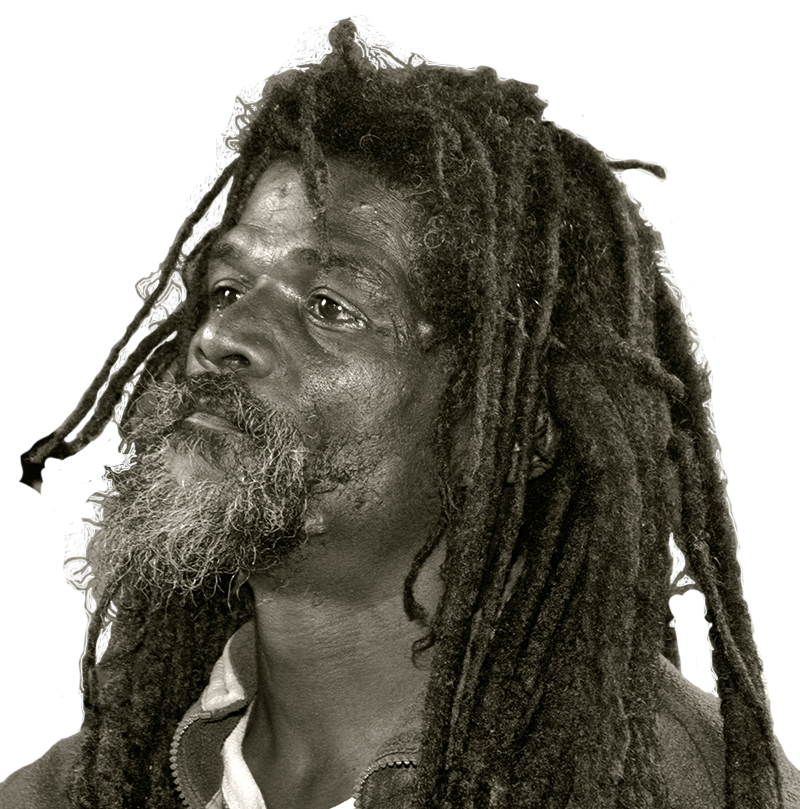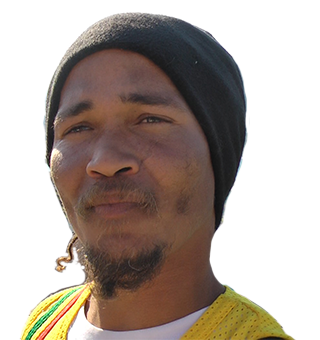Another problem facing the poachers are occasional encounters with members of law enforcement.
Police brutality is a common allegation in the fishing circles of Hout Bay.
The fishermen say that the police have no-tolerance for suspected poachers and often use violence as a deterrent.
“If police find us, if they even smell perlemoen on us they beat us, kick us and then lock us up in the nearest cell,” Angelo Joseph.
Involvement in illegal fishing can result in a jail term of up to 25 years and fines starting at R2500 (£139) , according to the senior marine conservation inspector in Hout Bay, Mel Hunter.
In practice, however, the repercussions and punishment for breaking the law vary.
"Poaching is not taken as a very serious crime here. Most of the time they are caught over the weekend and just held in jail over night until their court appearance on the Monday," said Hunter.
The severity of the fine depends on the amount of perlemoen you are caught with, it is very rare that someone will receive a jail term of 25 years - though it has happened, Hunter explained.
The legal procedure for apprehending poachers, on the other hand, is quite clear, Hunter assured me.
But, stories about police abusing suspects, before formally apprehending them, continue to come out of the woodwork.
"These things do happen," Hunter said, "I have not seen it personally but I have heard many stories and I have seen evidence of it on the poachers."




